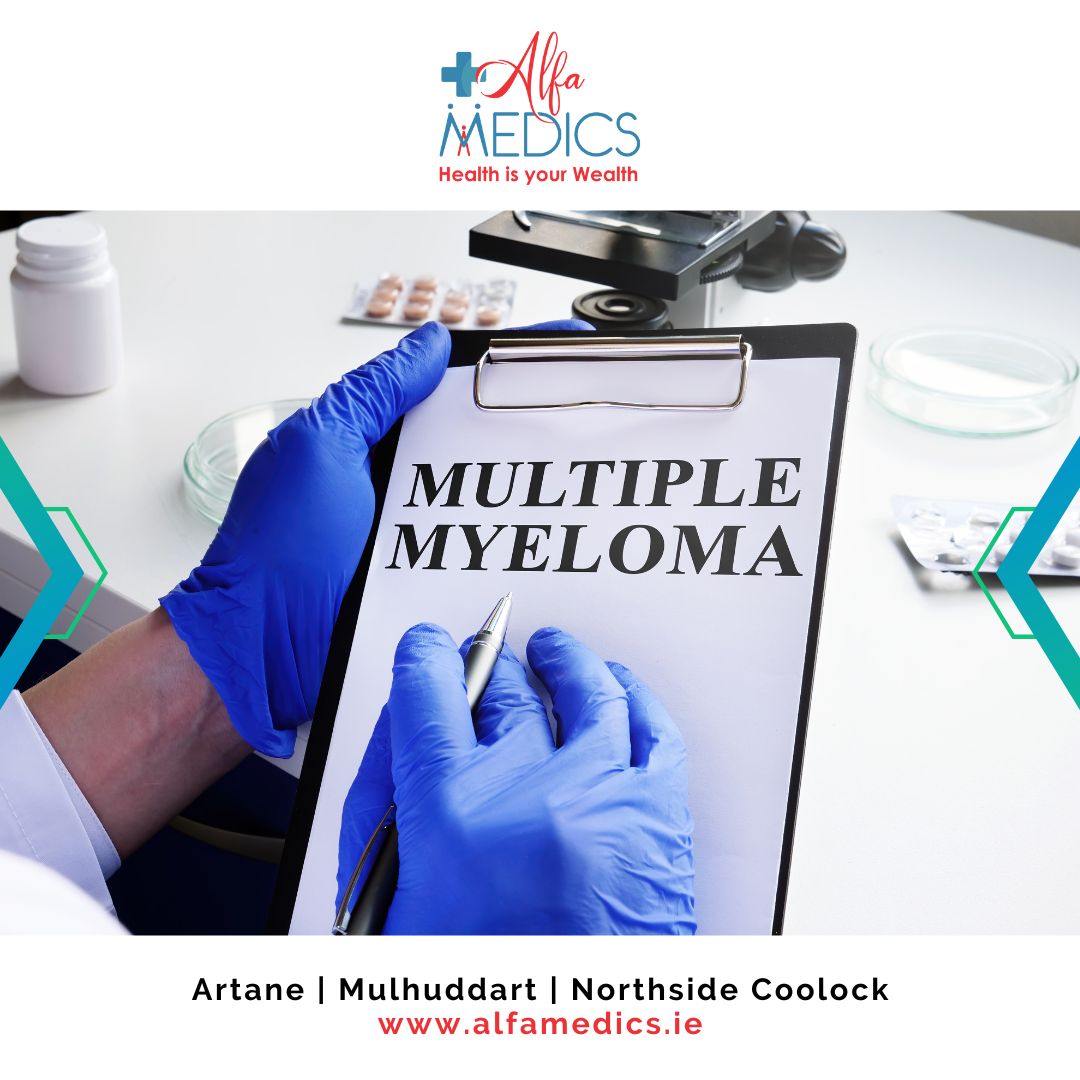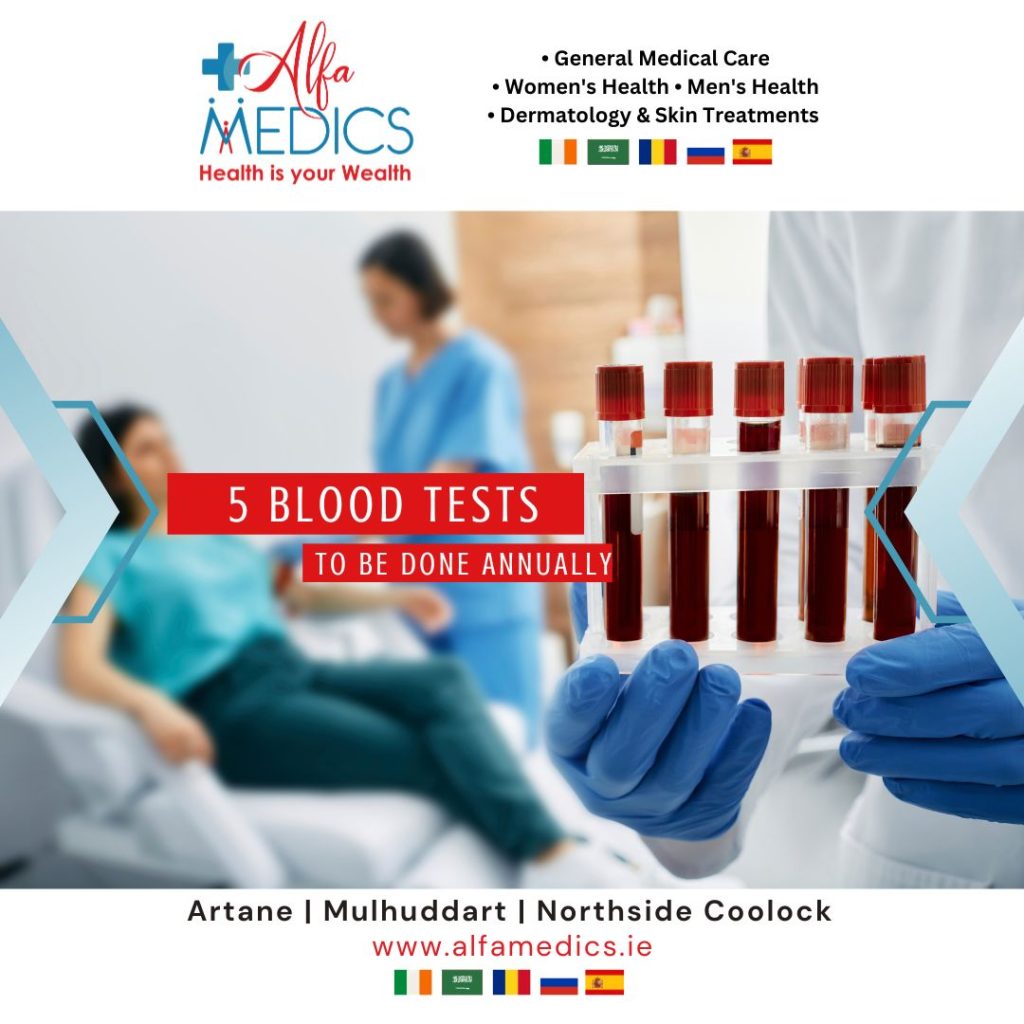Drug combination found to be effective across all stages of disease, Irish Medical News announced.
Irish-based researchers have discovered a potential new treatment combination for one of the most difficult-to-treat cancers.
Prof Siobhán Glavey and Prof Tríona Ní Chonghaile based in the Royal College of Surgeons in Ireland (RCSI) have found that venetolax, a medication currently approved for leukemia, has benefits for matients with multiple myeloma when used in combination with another drug.

Around 400 people in Ireland are diagnosed with multiple myeloma each year. While three decades ago, just one-in-four patients survived at least five years after diagnosis, survival rates have since doubled, thanks to major research advances. However, the disease remains incurable.
Venetoclax works by blocking the function of a protein called BCL-2. It had been approved for leukaemia treatment, but had previously been found to be effective for only a small proportion of multiple myeloma patients.
As part of this new study, researchers discovered that combining venetoclax with a drug called 5-azacytidine significantly increased its effectiveness across many multiple myeloma cell lines, indicating a broader potential patient population that could be treated with the new combination.
The research team investigated how the two drugs work efficiently together, and found that the combination of the two therapies was effective in patient samples from different stages of cancer, even if that patient had been previously treated with chemotherapy drugs.
“By combining venetoclax and 5-azacytidine we’ve seen enhanced efficacy across a wide range of patient samples. It shows the benefits of re-evaluating existing treatments in new contexts to expand their potential.” said research lead Prof Tríona Ní Chonghaile.
Co-author Prof Siobhán Glavey added: “Discovering the potential of this new drug combination is a promising development. Our next goal is to test for efficacy and safety for multiple myeloma in a clinical trial setting to bring us closer to offering a new treatment strategy for patients.”

The study was published in the journal Haematologica, with the research led by the RCSI Department of Physiology and Medical Physics and the Beaumont RCSI Cancer Centre.
The project was conducted in collaboration with the Department of Haematology, Beaumont Hospital, Dublin; Department of Medical Oncology, Dana-Farber Cancer Institute, Boston; and the Department of Medicine/Haematology, University of Galway, Galway.
This study was supported by funding from Leukemia Research Foundation, Breakthrough Cancer Research and AbbVie.




